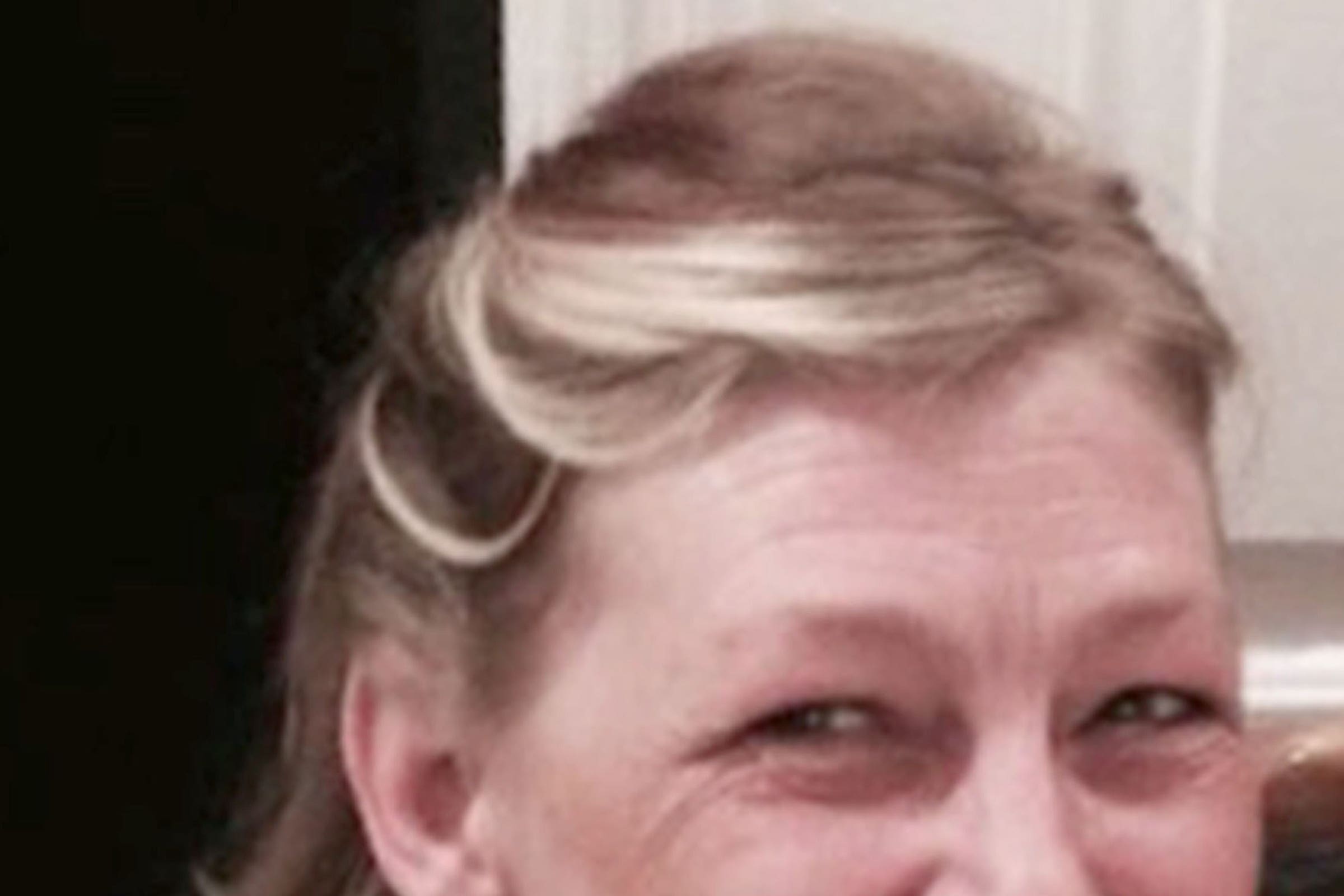Inquiry told drugs may not have saved woman poisoned by Novichok
Dawn Sturgess died after she was exposed to the nerve agent.

Drugs which could have been used to treat a woman who died after being poisoned by Novichok were unlikely to “have had any material effect”, an inquiry has heard.
Dawn Sturgess died on July 8 2018 after she was exposed to the nerve agent, which was left in a discarded perfume bottle in Amesbury, Wiltshire.
Professor Guy Rutty, a forensic pathologist told the Dawn Sturgess Inquiry that by the time she could have been given medication atropine, which increases a patient’s heart rate, “the damage was already done”.
Prof Rutty, who carried out the post mortem on Ms Sturgess, 44, told the hearing one of the first symptoms Ms Sturgess had following her contact with the toxic chemical had been a headache.
The inquiry in central London on Tuesday heard Ms Sturgess, who collapsed on June 30 2018 and was taken to hospital in Salisbury until her death, had undergone toxicological examinations while she was still alive which had identified “a number of therapeutic and non-therapeutic drugs” in her system.
“Although I have not been provided with the levels of drugs identified, I am not aware there is any indication to suggest that the deceased’s collapse was a direct result of the action of either a therapeutic or illicit drug,” Prof Rutty wrote in a report on July 17 2018, read to the inquiry.
The hearing was told there was benzoylecgonine, the metabolite of cocaine, in Ms Sturgess’s urine sample from June 30, analysed by Sandwell and West Birmingham Hospital NHS Trusts laboratories, but that the level recorded did not suggest recent use.
There had been large peaks in levels of antidepressants mirtzazapine and zopiclone which showed recent use, the inquiry heard.
Prof Rutty said these are “commonly prescribed” drugs and said he had “no reason to suggest that these are the cause of her collapse”.
The inquiry previously heard from Temporary Superintendent Kerry Lawes, who was a detective sergeant at the time of the poisoning, who apologised for calling Ms Sturgess a “well-known drug addict” in an email after her poisoning.
Professor Rutty later explained that despite questions about whether Ms Sturgess, 44, could have survived if she had been given medication atropine, which increases the heart rate, “the damage was already done”.
He told the inquiry: “The critical damage to her brain caused by oxygen starvation during prolonged cardiac arrest was already established.
“You’d have to give it (atropine) in such huge volumes.
“I think the damage was already done.”
Ms Sturgess was in cardiac arrest on arrival of the first paramedic, Mark Faulkner, an expert paramedic, told the hearing on Tuesday.
Her death followed the attempted murders of former spy Sergei Skripal, his daughter Yulia and then-police officer Nick Bailey, who were poisoned in nearby Salisbury in March 2018.
All three survived, as did Ms Sturgess’s boyfriend, Charlie Rowley, who had unwittingly given her the bottle containing the killer nerve agent.
The inquiry heard that atropine had been given to Mr Skripal by paramedics in error on March 4 2018.
Mr Faulkner said the drug, though administered in error, was unlikely to have harmed Mr Skripal and could have been “lifesaving”.
The nerve agent Novichok, which was identified by the Government’s Defence Science and Technology Laboratory, caused Ms Sturgess to have a cardiac arrest which then starved her brain of oxygen, causing her to suffer from a hypoxic brain injury, Prof Rutty told the inquiry.
The hearing was previously told Mr Rowley had been given an auto-injector pen containing a drug called DuoDote, a treatment for nerve agent poisoning, on June 30.
In his report read to the hearing, Professor Rutty said auto-injectors should be used after an individual is exposed to nerve agents and when they are experiencing symptoms, but they are not suggested to be used during cardiac arrest.
Lord Anthony Hughes, chairing the inquiry, asked Professor Rutty: “Were atropine or DuoDote used, would it have had any impact on the process which you think is the mechanism of death?”
Prof Rutty said: “By my reading, I don’t think it would have had any material effect.”
The inquiry continues.
Bookmark popover
Removed from bookmarks